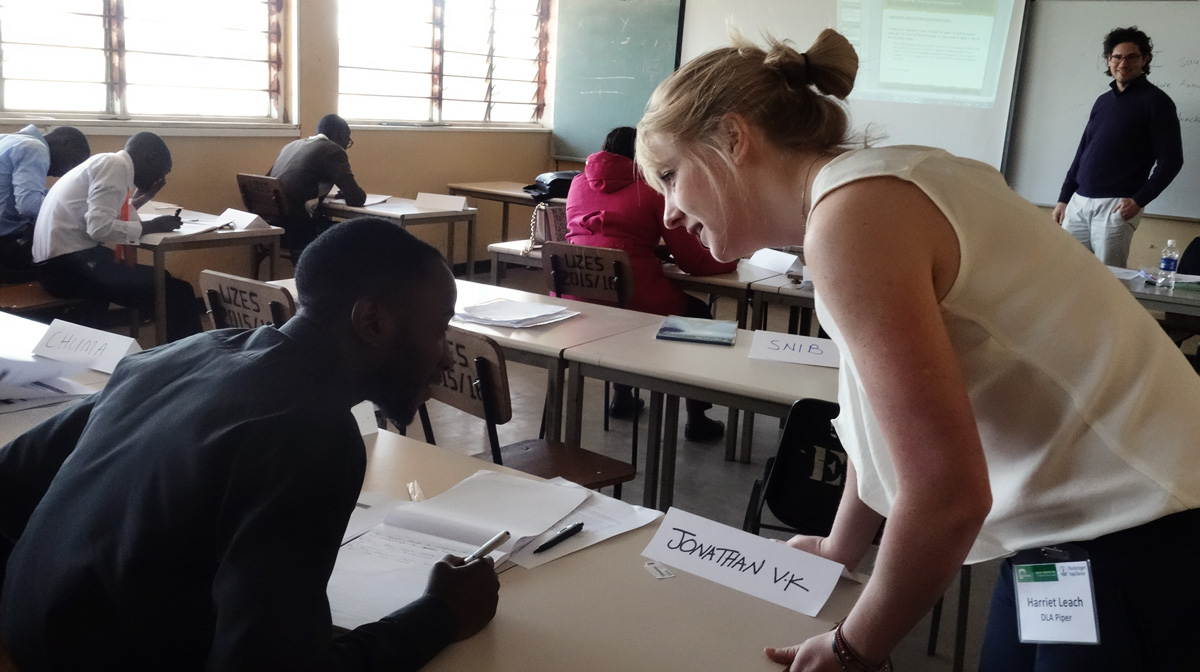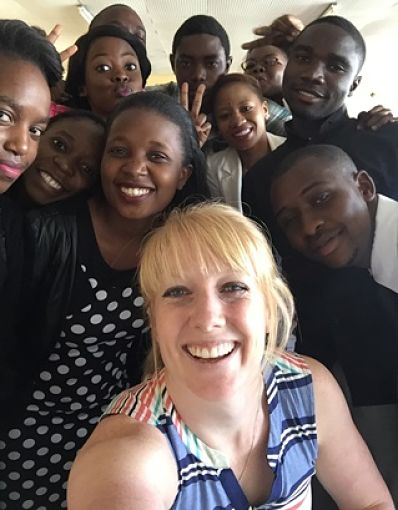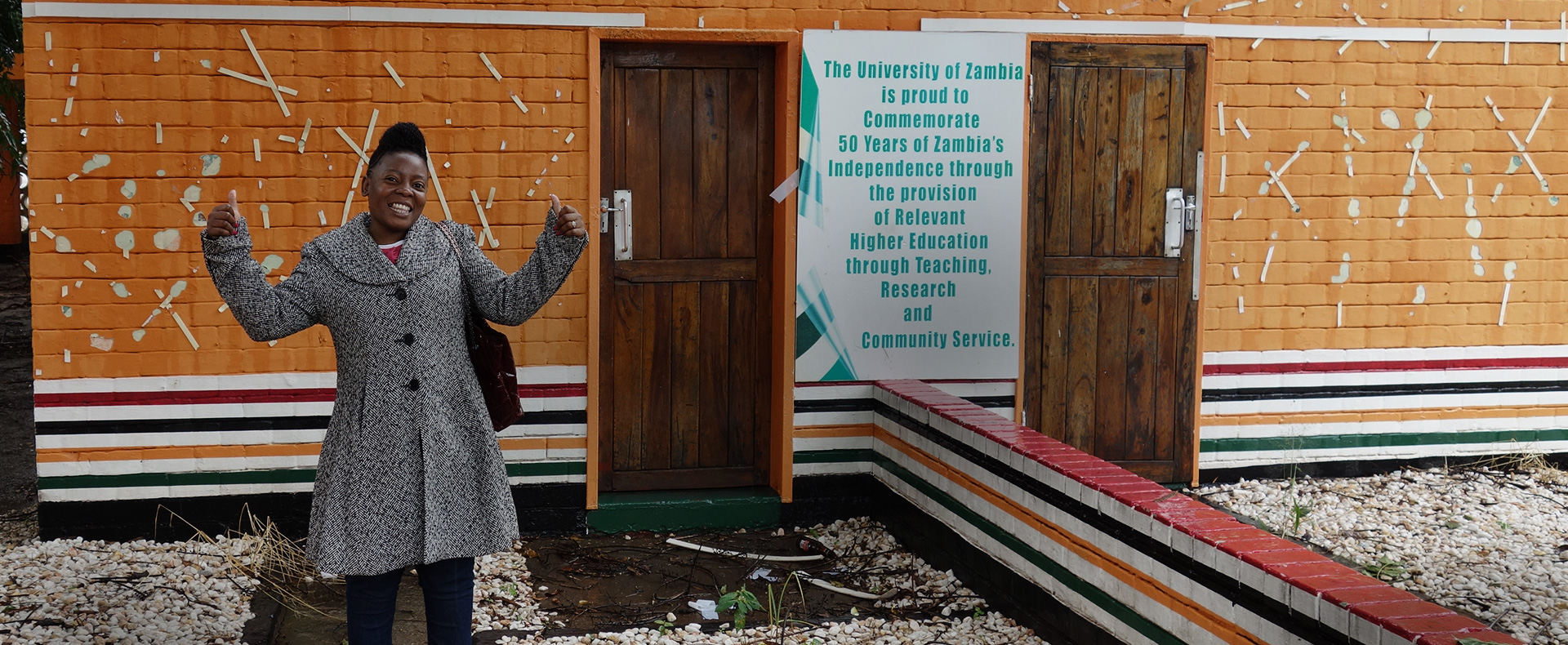9:00 Welcome to Warm and Sunny Zambia

In June 2016, I travelled to Zambia's capital city, Lusaka, as part of the firm's international pro bono project, New Perimeter. I was a part of an eight strong teaching team selected to deliver the fourth annual legal writing and analysis course to undergraduates at the University of Zambia School of Law (UNZA).
As I walked across the tarmac at the LUN International Airport, my attention was drawn to a sign looming above me: 'Welcome to warm and sunny Zambia'. From that moment on, I was captured by the spirit, ambition and commitment of Zambia and its people. The wall to wall sunshine serves as a fitting complement.
Over the next 24 hours, I and lawyers from across the firm and client, Boehringer Ingelheim, assembled. In total, the teaching team comprised of five lawyers from across the practice, joined by three in-house lawyers from Boehringer Ingelheim. It was a truly international assemble, all together we represented five different counties - the US, Canada, Germany, the UK and India. I chatted eagerly with the others about the week ahead - I couldn’t wait to get started!
After a colourful opening ceremony (tradition is still very important in Zambia), we were up. We were divided into pairs and I was teamed with a German lawyer from Boehringer Ingelheim. We had spent time together over the phone discussing the materials, however, nothing can really prepare you for standing up in front of class for the first time. It was slightly nerve racking but the adrenalin was pumping and with 30 eager eyes tuned in on you as their teacher for the next week, you automatically feel privileged to be at the front.
The week's training covered basic grammar; legal writing; legal research and structure based on the IRAC principle (issue, rule, application and conclusion). It allowed us to draw on our experiences as practicing lawyers, hold lively debates in class and there were plenty of exercises for the students to work through. The usual class size is 90 so it is difficult for the students to receive one-on-one feedback. I took the opportunity to mark written answers, even if this meant waking early to get through all the papers and encouraged students to appraise each other in class. I found it particularly rewarding when the style and structure of answers improved throughout the week, as we started to see the application of our teaching.
One of the main challenges I came across was conveying and convincing students that the use of simple language is being increasingly promoted in our jurisdictions and legalese phased out. Some of the students saw this movement as eroding the status of their education and the profession they aspire to enter. Hopefully, we successfully communicated to them that delivering your message in a clearer manner can reap benefits both at law school and in practice. Lawyers from our affiliate firm, Chibesakunda & Co, who attended some of our lessons, supported this and provided a useful insight from local practice.
It was a pleasure to meet and get to know the students and we spent time asking them about their goals and ambitions. Many of the responses were humbling and inspiring. My impression is that the students recognise they are in a privileged position and many want to practice law to improve access to justice and to help them go on to achieve more - whether that be further education, entering politics and devising policy, or establishing organisations to help those less fortunate. I am adamant that Zambia is set for a bright future with such talent in its ranks.
Finally, as a junior lawyer in a global organisation, this was a fantastic opportunity to make contacts from across the international practice; an affiliate firm; and at a client who now, together, share an unique bond.

Teaching at the University of
Zambia School of Law
